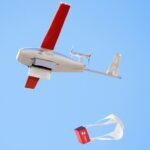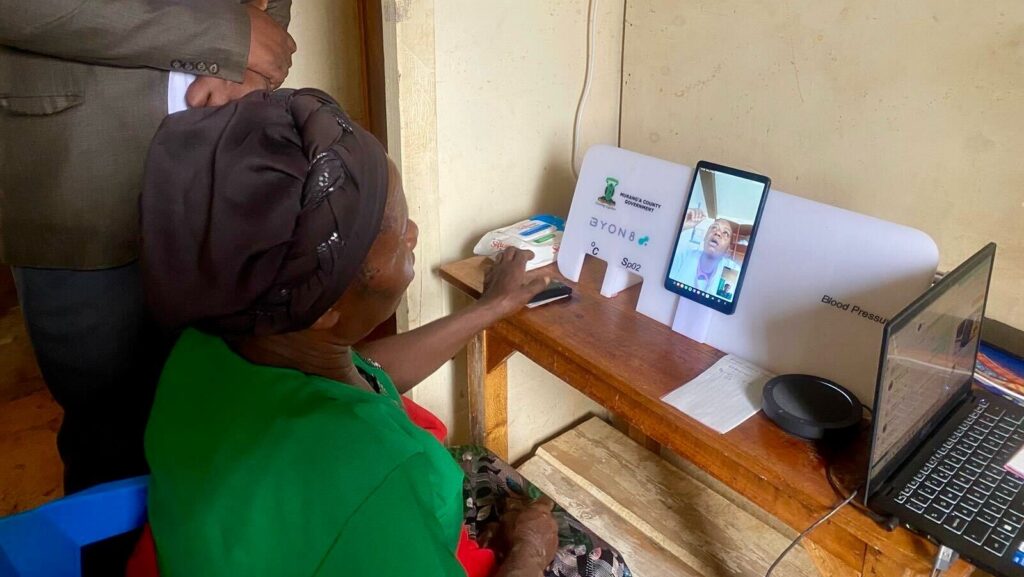Telemedicine is revolutionizing access to healthcare. Murang’a County, Kenya, is piloting a telemedicine service which will enable patients to access medical services from their homes or at the nearest primary healthcare facility, virtually.
One of the companies that has partnered with Murang’a County Government to make this possible is Byon8, a digital health service provider that was founded in Sweden in 2017. We met with Josef Murad, the CEO of Byon8, to discuss the impact, opportunities and challenges of telemedicine and digital health technologies.
What the success of the Murang’a pilot program will look like
From Byon8’s perspective, success will be evidenced by the ability to deliver quality primary healthcare services to more people at affordable rates. Patients currently pay a consultation fee of Kshs 100 (less than 1 US Dollar), which goes to the primary healthcare facility. According to Josef, the telemedicine services have so far been widely accepted in the areas where the pilot program has been rolled out and patients appreciate the ease of access to doctors, who they may have otherwise not have had access to. Byon8 has a network of doctors and independent consultants all qualified in Kenya, and are in the process of hiring clinical officers to provide additional support.
Availability of infrastructure
“We did not select Kenya by chance” Josef said while explaining the factors that influenced the decision to set up operations in Kenya. Kenya has infrastructure that supports the roll out of digital health services. This includes mobile phone penetration, internet connectivity, digital payment systems and electric power connectivity. Josef lauded the Murang’a County Government for ensuring that all the health facilities that are part of the pilot program have internet connectivity and a number have also been equipped with solar power technology to supplement the electricity from the national grid and ensure uninterrupted power supply.
Telemedicine and sustainability
“For every single online consultation, you are helping the environment”. Josef reiterated Byon8’s commitment to not only providing world-class telehealth services but also fostering a healthier, more sustainable planet. He underscored the role of telemedicine as one of the ways in which the healthcare system can incorporate sustainable practices, as virtual healthcare reduces, and in some cases eliminates the requirement to travel to and from health facilities. It is therefore environmentally friendly as it reduces the transport related carbon emissions.
Operating in a highly regulated sector
“The process of getting a licence to provide virtual healthcare services in Kenya is slightly complicated” he explained. One of the key requirements is having a registered physical location as a medical facility, which he believes doesn’t align with the nature of telemedicine. He hopes that in the future, this requirement will be reconsidered for virtual healthcare providers.
The health sector is one of the largest users of personal data and issues to do with data protection are therefore critical. Josef noted that Kenya’s data protection law has many similarities to the General Data Protection Regulations (GDPR) applicable in the European Union. As Byon8 is originally registered in Sweden and is compliant with the GDPR, they have not faced any challenges in ensuring compliance with Kenya’s data protection laws.
Technology and improved quality of care
“Doctors achieve an average diagnostic accuracy of approximately 65%. Connecting doctors with technology can help improve these outcomes and in effect improve the quality of care”, he says.


